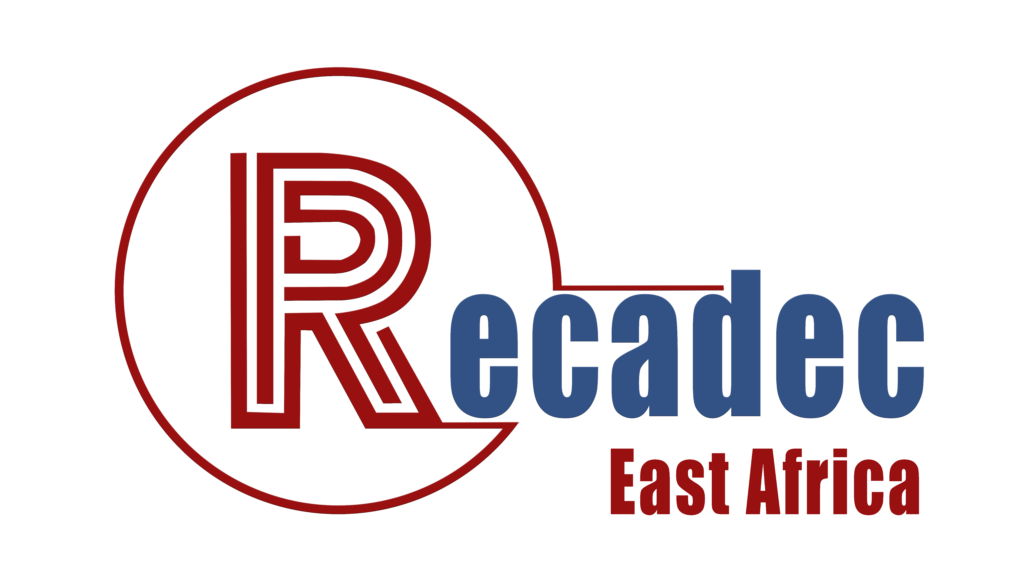Doing research and supporting evidence-based education to foster youth employability and entrepreneurship

Hello everyone,
The Research and Career Development Center (RECADEC) does research and supports evidence-based education to foster youth employability and entrepreneurship in East Africa. Although higher education institutions in East Africa produce thousands of graduates every year, the mismatch between university curricula and market requirements leaves almost 50.5% of young graduates unemployed (FKE, 2023).
This mismatch not only deprives industries of skilled talent, but also stifles economic growth, exacerbating disillusionment among young people in a region where over 60% of the population is under 25, one of the highest youth demographics in the world.
Indeed, the major players in global development, such as the OECD, the United Nations and many others, recognise that the youth of Africa’s population is an important asset in ensuring its emergence as a global economic power.
East Africa’s youth should be the driving force behind its economic and technological growth. By 2030, Africa’s working-age population is expected to exceed 1.1 billion, representing a significant share of the global workforce. However, to fully exploit this demographic dividend, it is essential to equip these emerging professionals with the knowledge, skills and competencies needed to thrive in an increasingly complex and interconnected world.
To unlock the full potential of our young people, RECADEC contributes by supporting evidence-based education, building the capacity of educators, supporting applied research, research-based curriculum development, research-based education systems and policies, integrating market-driven approaches, evidence-based teaching practices, research-based innovations, and equipping young people with the skills to thrive in a rapidly changing world..
To achieve this, RECADEC aims to work with a wide range of partners and collaborators. These include employers (public and private), technical and financial partners, universities, research centres, international organisations, foundations and the African diaspora. More than ever, crucial challenges such as the HIV-19 pandemic and the crises linked to climate change have highlighted the real interdependence of humanity. These global upheavals have demonstrated that the need for collaborative, well-prepared professionals who can adapt easily to change has never been more urgent. So, through collaboration and innovative partnerships, East Africa and Africa as a whole can turn its young population into a valuable asset. This will not only contribute to the continent’s economic growth, but also to shaping a brighter, more resilient and interconnected future for the world through skilled human capital. Admittedly, this is a daunting challenge, but we have chosen “better to light a candle than curse the darkness“.
Let’s do our best together.

 Français
Français